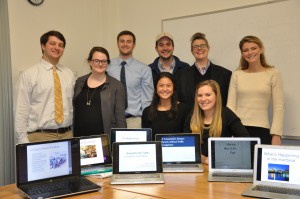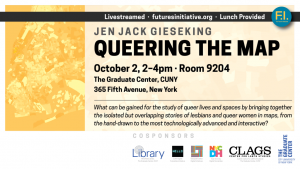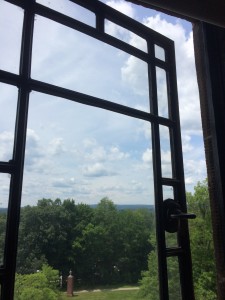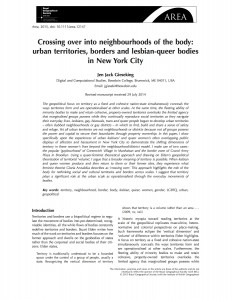Reflections on The Digital Image of the City: Hartford 2015
 The Digital Image of the City, American Studies, Trinity College 2015. Standing, left to right: Andrew Fishman ’16, Madelaine Feakins ’16, Rick Naylor ’16, Dalton Judd ’16, Assistant Professor of American Studies Jack Gieseking, and Callie McLaughlin ’16. Seated, left to right: Molly Mann ’16 and Georgianna Wynn ’16. CC BY-SA-NC Trinity College 2015.
The Digital Image of the City, American Studies, Trinity College 2015. Standing, left to right: Andrew Fishman ’16, Madelaine Feakins ’16, Rick Naylor ’16, Dalton Judd ’16, Assistant Professor of American Studies Jack Gieseking, and Callie McLaughlin ’16. Seated, left to right: Molly Mann ’16 and Georgianna Wynn ’16. CC BY-SA-NC Trinity College 2015.
As the new semester is upon us–how did that happen so quickly?–I wanted to reflect back on my courses from last semester. I had a beautiful first semester at Trinity College, thanks mostly to those incredible faculty, staff, and students with whom I spend my days.
My senior seminar, The Digital Image of the City, which was a huge success–or so said the students on the final day, all smiley as they were on the last day (and as you can see on the image in the left)! I share a short explanation about …




